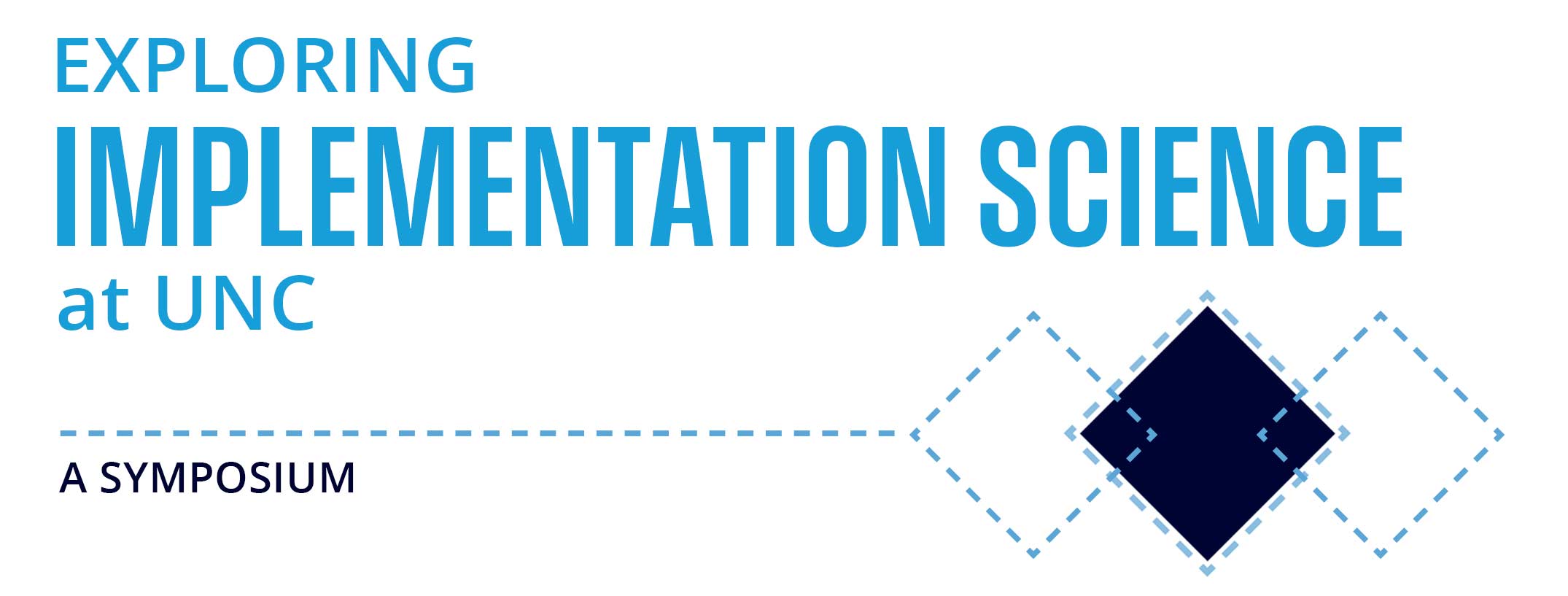Wednesday, March 04, 2026
Introduction to Qualitative Data Analysis
Wed. 4 Mar, 2026 9:30 am - 12:00 pm
This online training will provide an introduction to qualitative data analysis, focusing on content/thematic analysis. The session will cover the basics of qualitative data analysis and steps in the analysis process, including transcribing, memoing, codebook development and coding, exploring content areas or themes, and interpreting and communicating findings. Participants will have the opportunity to practice developing and applying codes. Please note: We will not be demonstrating how to use qualitative data analysis software during this session.
This event may be recorded. Materials such as slides or handouts will be shared with documented attendees only.
Presenters:
MaryBeth Grewe, MPH
Program Manager, Qualitative Research Service
Research Specialist, Patient and Community Engagement in Research (PaCER) Program
Simone Frank, MPH
Senior Project Manager, Patient and Community Engagement in Research (PaCER) Program
Research Specialist, Qualitative Research Service
For questions about this training, please contact MaryBeth Grewe at
Basic Life Support for the Healthcare Provider for Clinical Research Personnel
Wed. 4 Mar, 2026 12:30 pm - 4:30 pm
This half day Basic Life Support (BLS) Healthcare Provider Course is brought to you by the NC TraCS Clinical and Translational Research Center (CTRC) and Triangle CPR.
Basic Life Support for the Healthcare Provider is commonly required for all medical and dental professionals. This includes licensed and non-licensed study coordinators and research assistants. The AHA's BLS Course has been updated to include science and education from the 2025 Guidelines Update for CPR and ECC. It teaches both single-rescuer and team Basic Life Support skills for application in both prehospital and in-facility environments, with a focus on high-quality CPR, the various chains of survival and team dynamics.
In this instructor-led course, students will participate in simulated clinical scenarios and learning stations. Students work with an American Heart Association (AHA) BLS Instructor to complete BLS skills practice and skills testing; and complete a written exam. To successfully complete the course and receive a certification card (valid for two years), you must attend the full session, successfully complete the skills practice, and pass the exam. Note - this course is appropriate for students who require initial training as well as recertification.
Cost: $65.00
Payment method accepted: UNC account funds (full chartfield string is required at registration)
Location: NC TraCS Institute (Brinkhous-Bullitt Building, 160 N. Medical Drive, 2nd Floor, Conference Room 219, Chapel Hill, NC)
Intended Audience: UNC-Chapel Hill research employees whose responsibilities include or will include direct patient care
You will need a BLS Providers manual available for use BEFORE and DURING the course. The textbook serves as your admission ticket to the class. No textbook, no admittance. Additional details for the required textbook are available on the Event Registration page.
Late arrival and No-show Policy: Due to the condensed nature of the class we cannot make up missed material resulting from arriving late for class. Therefore, once the class begins there will be a strict no-admittance policy.
Certification Cards: All American Heart Association certifications are now electronic cards, each of the e-cards will be sent via email to each student's email address.
Please contact Janette Goins at
Register
Exploring Implementation Science at UNC: A Symposium
Wed. 4 Mar, 2026 2:00 pm - 5:15 pm

The UNC School of Nursing and the Implementation Science Methods Unit at NC TraCS are hosting Exploring Implementation Science at UNC: A Symposium to foster learning, collaboration, and networking amongst implementation practitioners, researchers, and students at UNC-Chapel Hill.
The symposium begins with an optional Introduction to Implementation Science session followed by faculty presentations from Kea Turner, Vivian Go, Rachel Hirschey, and Chris Shea.
Presentations include:
- Introduction to Implementation Science (optional session)
- If Not Alarms, Then What?: Substitution as a Strategy for Hospital Fall Prevention
- Systems Navigation and Psychosocial Counseling (SNaP): An Implementation Science Trial
- Scaling What Works: Accelerating the Implementation, Reach, and Sustainability of Evidence-based Cancer Prevention
- Workflows and Information Flows: (Ongoing) Development of the 'Integration of Telehealth and In-Person Services' (ITIPS) Survey
Date: Wednesday, March 4, 2026
Time: 2 ‑ 5:15 p.m. ET
Location: Reeves Auditorium, NC Botanical Garden, 100 Old Mason Farm Road Chapel Hill, NC
NOTE: Registration is restricted to those affiliated with UNC-Chapel Hill and requires an ONYEN.